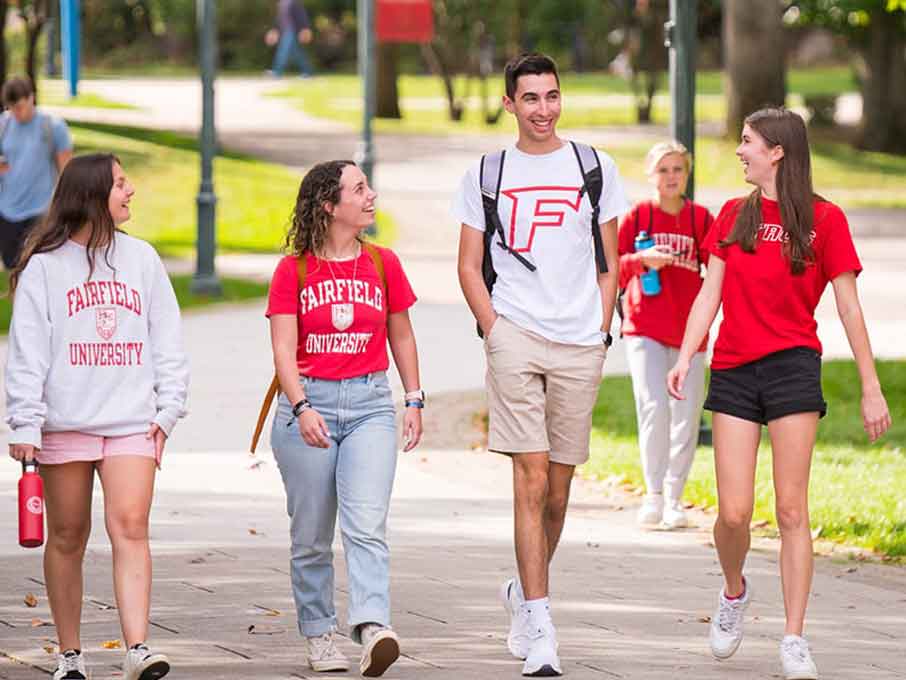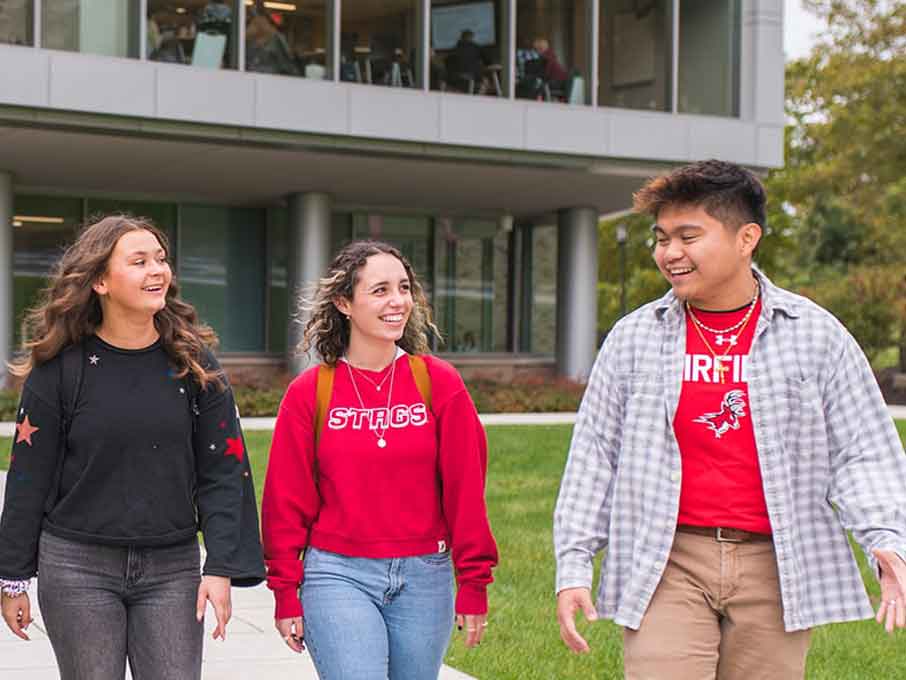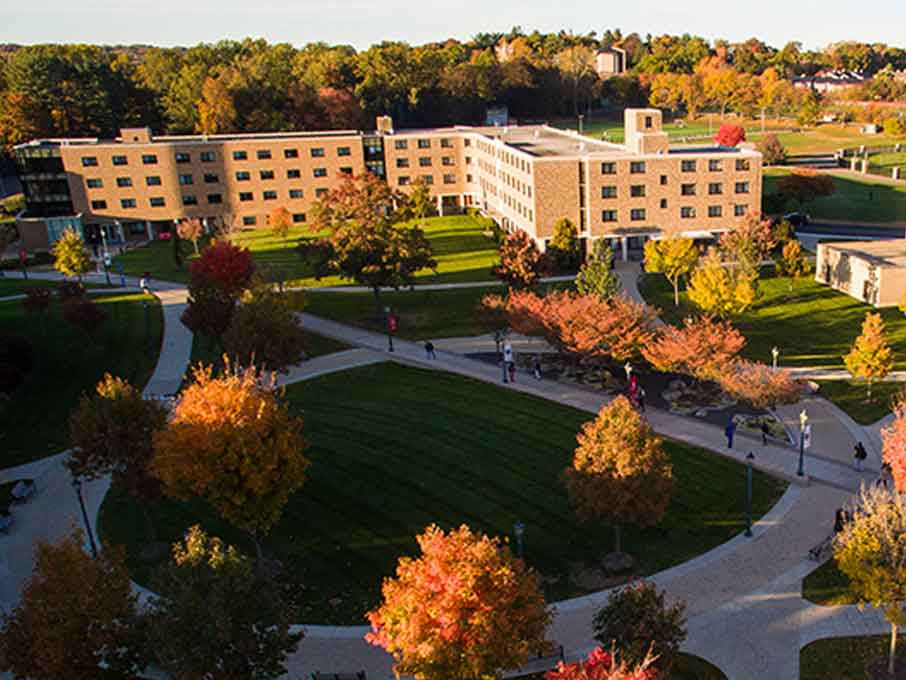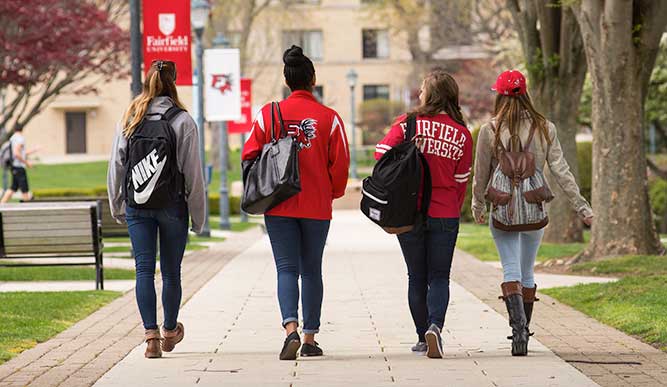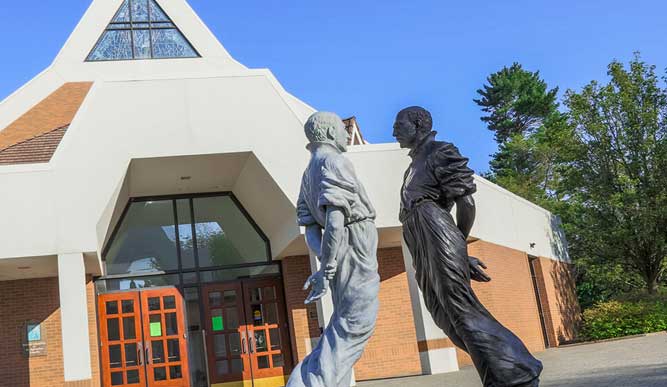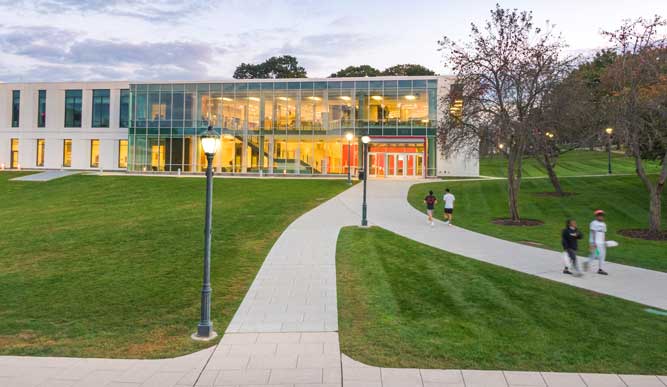Fairfield University Commitment
As a community, we share a commitment to inquiry and discernment, and a determination to serve as global citizens — supporting the dignity and essential human rights of all persons. Our universities are arguably our nation’s greatest long-standing institutions. This greatness stems in no small part from a global outlook, which at Fairfield is informed by our Jesuit values of respect and inclusion; in our approach to teaching, in the breadth of our scholarship, and through the students, faculty, and staff who become a part of our academic communities.
The above text is taken from a statement from President Mark R. Nemec, PhD
